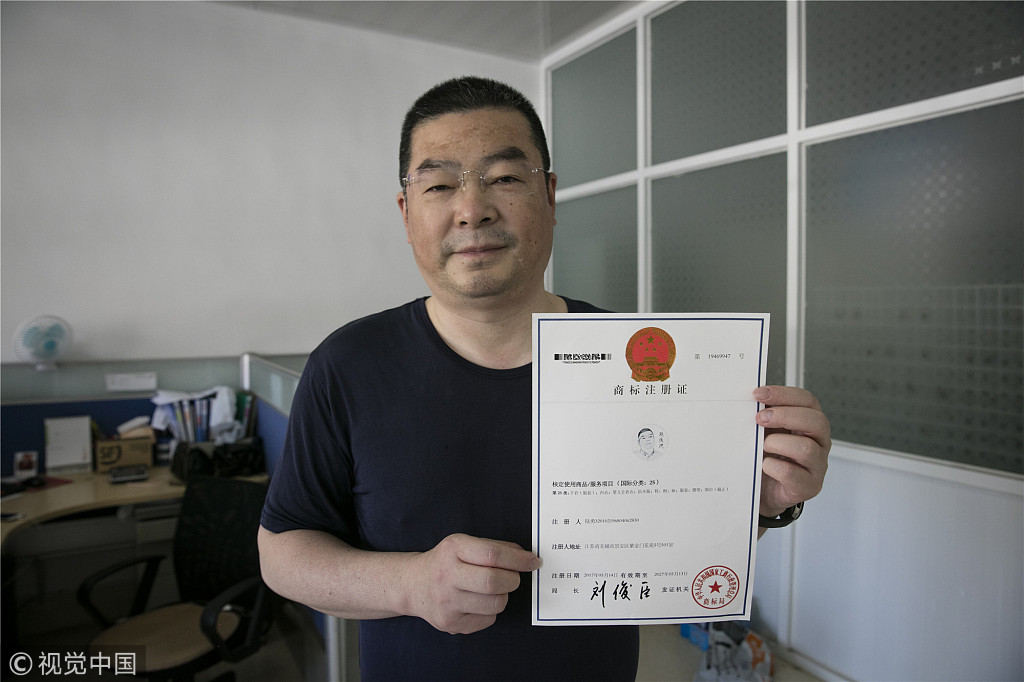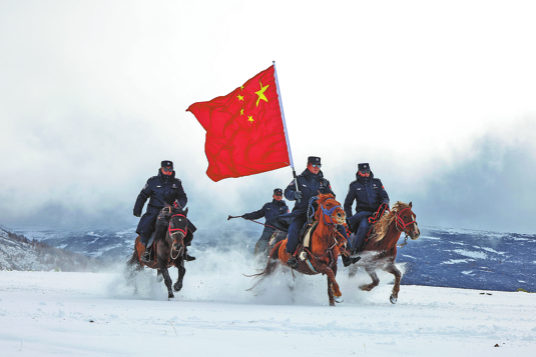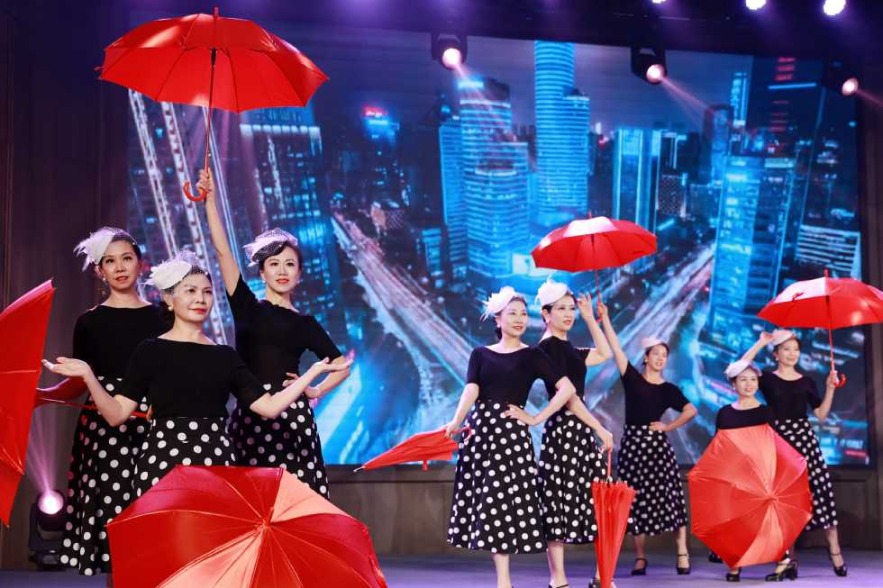Patients' stories result in action at top level


The movie Dying to Survive is based on the story of Lu Yong, a leukemia patient in Wuxi, Jiangsu province.
Lu, who was a wealthy businessman, used a patented medication for two years before the high cost forced him to turn to the generic version of a drug sold in India in 2004, which cost only 4,000 yuan ($590) a box.
Lu then spread the news to many other patients he knew online and bought the drugs for them. He was detained by police and charged with selling fake drugs in 2014, as the drug was not registered with the Chinese drug authority.
The event sparked heated public controversy, and Lu was eventually released in January 2015 after prosecutors withdrew charges following petitions from more than 300 leukemia patients who requested his release.
At two executive meetings of the State Council, China's Cabinet, presided over by Premier Li Keqiang in April and June, a series of measures were released to reduce prices of imported antineoplastic drugs.
These included eliminating import tariffs on such drugs and cutting value-added taxes on them significantly, ending unreasonable price markups during their distribution, continuing the central government procurement of drugs, and prompt inclusion of urgently needed antineoplastic drugs on the reimbursement list covered by the government's basic medical insurance programs.
The government will accelerate approval procedures for new drugs that are already on sale overseas to make them available to Chinese patients as quickly as possible. It will also step up protection of intellectual property rights of innovative drugs and supervision over their quality.
"Cancer has become a top killer threatening people's health, and we must try our best to save patients and relieve their financial burden," Li said.
Gleevec, the patent drug developed by the Swiss pharmaceutical company Novartis to treat leukemia patients, as indicated in the movie, was sold for about 24,000 yuan ($3,547) a box in China in the early 2000s. This meant patients had to spend almost 300,000 yuan a year - more than 10 times the average per capita disposable income in China last year - on the drug, as it was not included in the government's basic medical insurance programs for reimbursement then.
- Teen donates to preserve war truths in Nanjing
- China and US anti-narcotics agencies cooperate to crack a cocaine smuggling case
- Stealth drone's trial lands desired results
- China grants first Level-3 autonomous driving vehicle permits
- AI-led model aids cultural relic restoration and boosts tourism
- China's top legislature schedules session for December





































